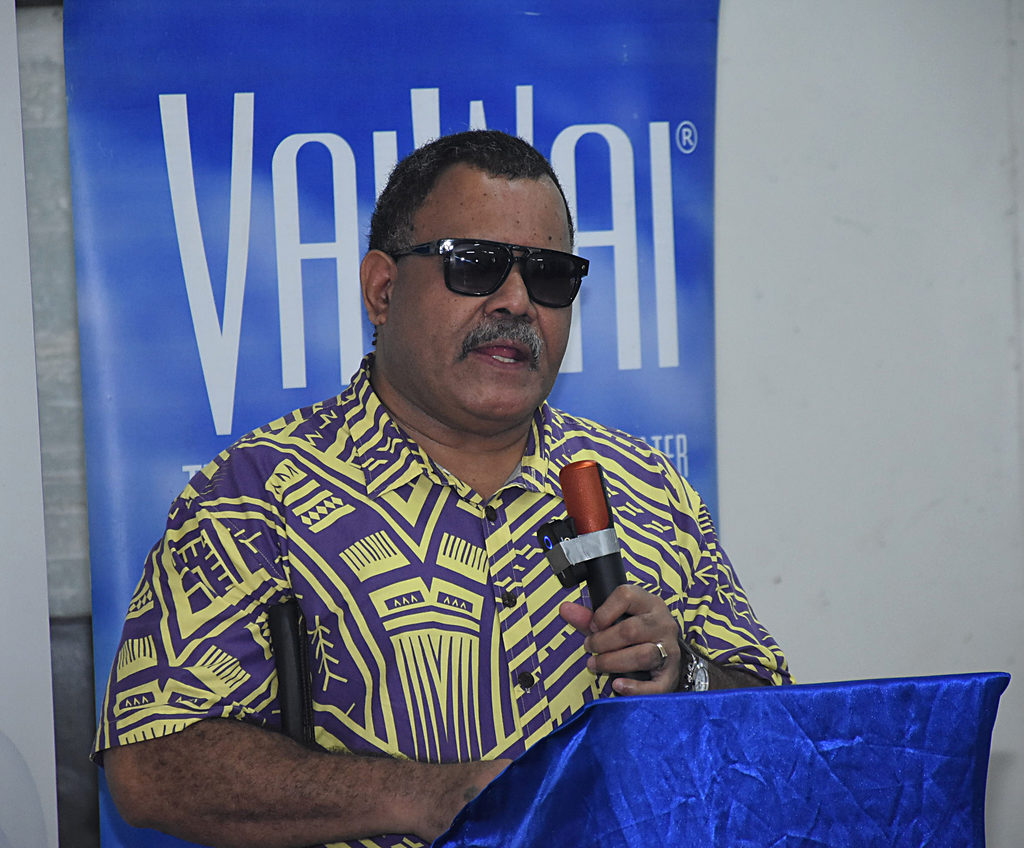THE gender equality, disability and social inclusion (GEDSI) concept used in development work is just another label, says Fiji Disabled Persons Federation president Setariki Macanawai.
The federation is calling for more sincere and genuine engagement of persons with disabilities.
“The issue I have with that — GEDSI — is it’s just a label, just another terminology. It benefits better the partner or the donor,” he said.
“The challenge lies with unpacking who’s implicated in GEDSI programs.
“Within that is the issue of survival of the fittest — whoever has the loudest voice, whoever is present or able to attend, whoever is better organised amongst these groups — they are the ones who get the support, more so than those who are not.”
Mr Macanawai said disability was “right at the bottom”.
“They talk about leaving no one behind but they really should turn that around and see who’s being left behind the furthest.”
Inclusion, he said, should not just be superficial.
“The word inclusion cannot just be tokenistic where they give something ‘for everybody’. It has to be intentional on how inclusive a project would be, making sure that the understanding, the application of that word inclusive is really understood at the local level.”
Mr Macanawai said too often, people with disabilities or relevant organisations were engaged only at implementation stage.
“We are not engaged at the planning stages. Sometimes when they come to the implementing part, then they find out they need to be involving us and they come to us but that’s already too late.
“We should be involved in the planning because of budgeting and resourcing. Sometimes at the point of implementation they find out they don’t have the money to do what they need to do to make it more inclusive so they get stuck.
“We should be at the forefront of program design — in the planning, budgeting, resourcing, and also the monitoring stages.”
Mr Macanawai said organisations for people with disabilities were still left out of key conversations.
“I’ve spent many years in the regional and global spaces. There are things moving but there’s a lack of awareness on how to do it, how to be inclusive, how to genuinely ensure that people with disabilities are meaningfully engaged — we’re not there yet.”



